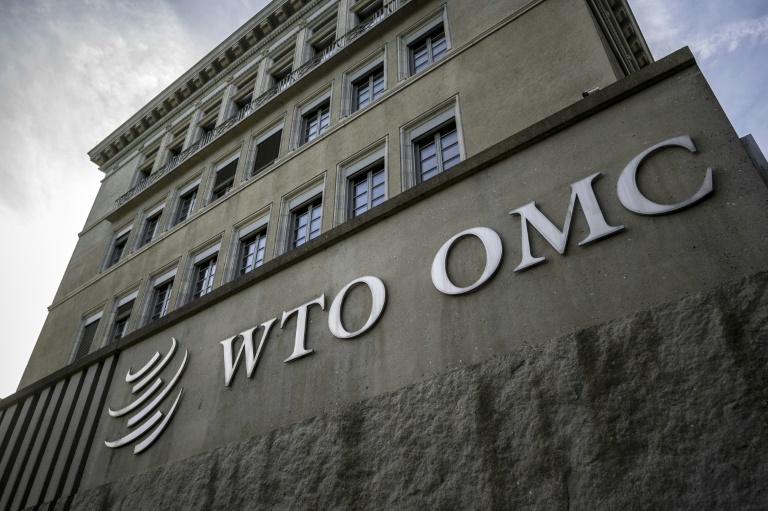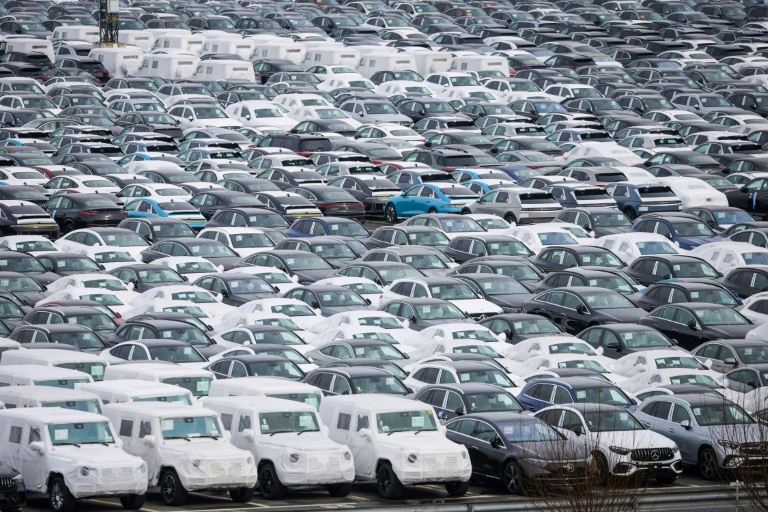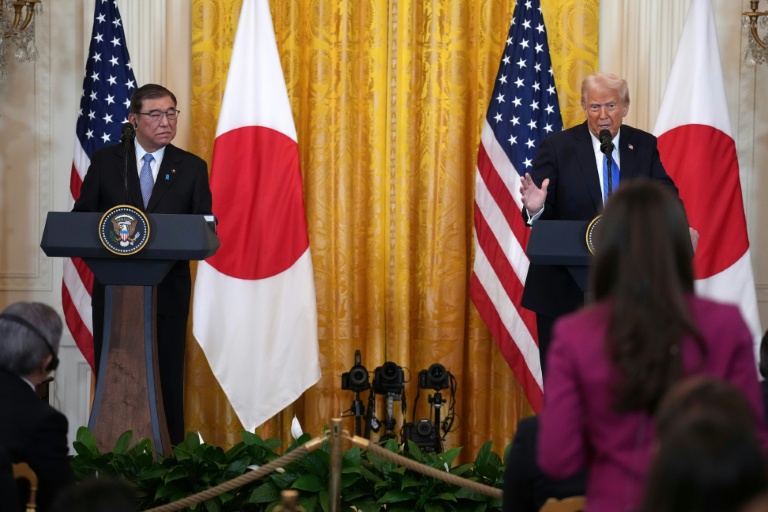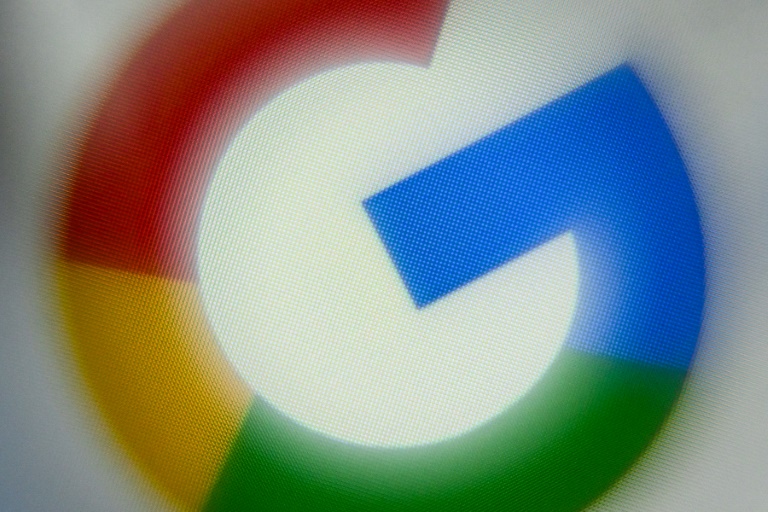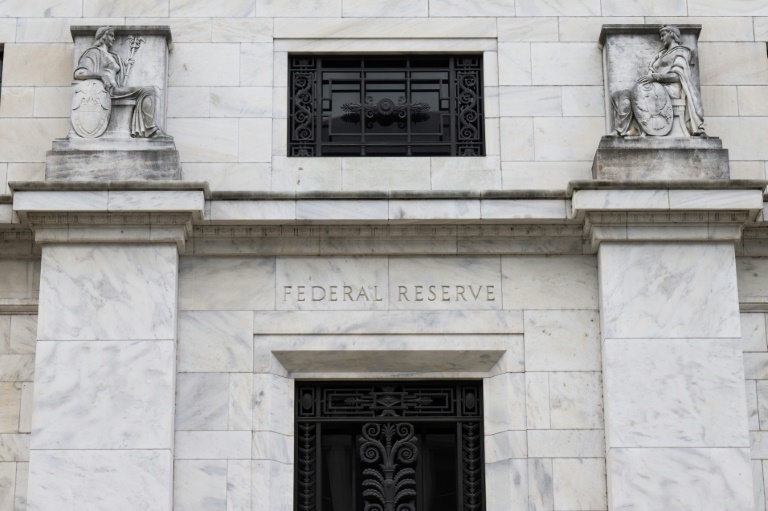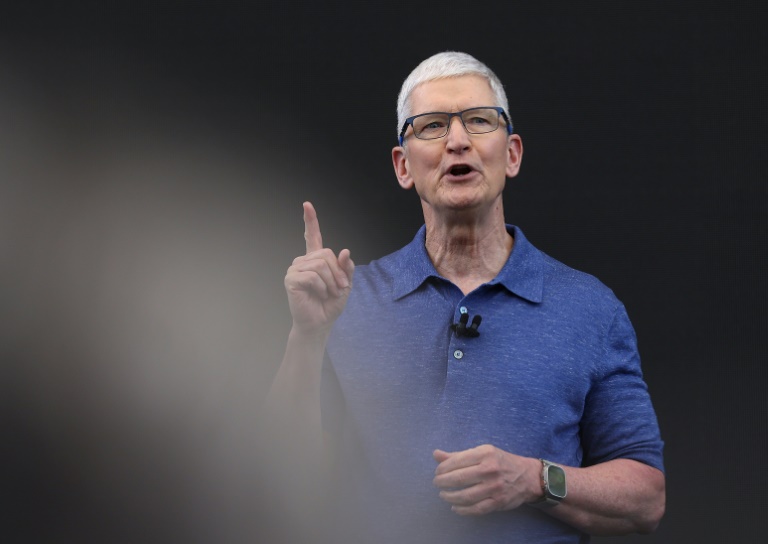Washington (AFP) – US consumer confidence beat expectations in January to reach its highest level since December 2021, with the public more optimistic than at any point since the Federal Reserve began hiking interest rates.
The Fed has hiked interest rates to a 23-year high in a bid to tame inflation and bring it back towards its long-run target of two percent, pushing up borrowing costs across the country.
But in recent months, hopes have grown that the Fed could soon begin cutting interest rates, likely helping to fuel confidence in the US economy.
Consumer confidence jumped to 114.8 in January, marking the third straight month of gains, the Conference Board announced in a statement.
This was slightly above market expectations, according to analysis by Briefing.com, and builds on December’s revised figure of 108.0.
The January increase “likely reflected slower inflation, anticipation of lower interest rates ahead, and generally favorable employment conditions as companies continue to hoard labor,” Conference Board chief economist Dana Peterson said in a statement.
Concern among consumers about the rate at which prices are increasing fell to a three year low, she added.
“Under President Biden’s agenda for growth, consumer sentiment is turning the corner,” President Joe Biden’s National Economic Advisor Lael Brainard said in a statement.
She added that the rise in consumer sentiment reflected “the increase in wealth, wages, and employment relative to pre-pandemic, and the decrease in inflation.”
Biden has been talking up the economy as he seeks reelection this year, in a rematch likely to pit him against the former president, Donald Trump.
Meanwhile, the Trump campaign has looked to use discontent over the impact of historically high inflation rates to attack Biden over his handling of the US economy.
The gain in consumer confident “was seen across all age groups, but largest for consumers 55 and over,” Peterson from the Conference Board said, adding that confidence improved among almost all income groups.
The only households that registered a “slight dip” in confidence were those earning more than $125,000, she added.


